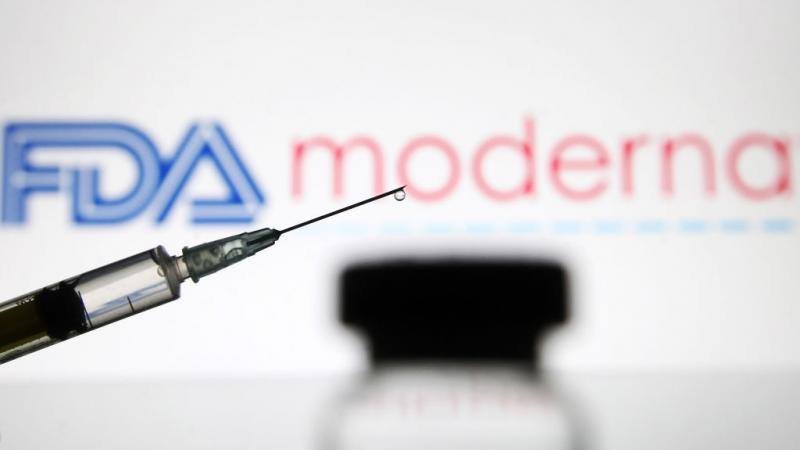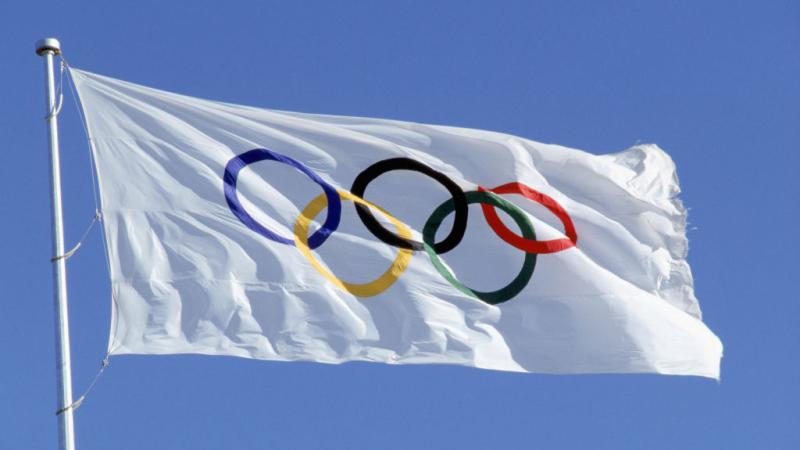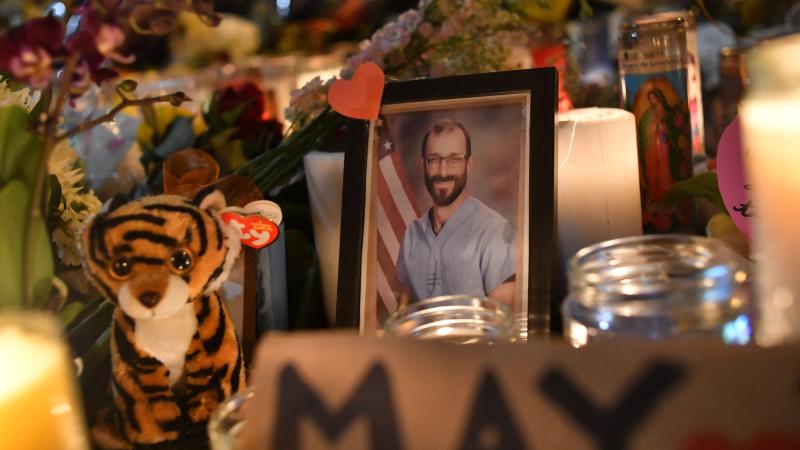Biden administration inhibiting 'Operation Warp Speed' for antivirals, former CDC director says
U.S. needs "enormous redundancy in trying to develop new platform antiviral therapeutic products," but administration is shutting out the private sector, Dr. Robert Redfield says.
The Biden administration is throttling a necessary "Operation Warp Speed" for antiviral treatments for COVID-19 and other viruses, former CDC Director Robert Redfield told "Just the News, No Noise" in a wide-ranging interview.
The Trump administration delivered COVID-19 vaccines years faster than the National Institutes of Health predicted by enlisting the private sector and military — an approach President Biden has rejected, leaving the U.S. woefully unprepared for an even bigger pandemic, the retired U.S. Army virologist warned.
"NIH argued 'Give us the $15 billion'" to make COVID vaccines and is now arguing it can do the same for antivirals with $2-3 billion, which is "one of the problems I have with the current administration," Dr. Redfield said. "They don't respect the private sector and the private sector's ability to make an impact."
In the fourth year of COVID, "we have one effective antiviral that most physicians would use," Redfield said, referring to Pfizer's Paxlovid, which he recommends taking for confirmed infections. "That's terrible."
He called for "enormous redundancy in trying to develop new platform antiviral therapeutic products," which will then require a far more robust "manufacturing capability" than the U.S. now has. Redfield is a "strategic advisor" to Linear Therapies, whose platform technology can make an antiviral for "any RNA virus" within a couple months, he said.
The U.S. remains "totally underinvested" in the necessary "real-time data" infrastructure to deal with pandemics, he said, with Congress appropriating only $300 million of the $25 billion he requested for upgrades when he took over the CDC in 2018. "I tell people my own hospital system invested a billion."
Unlike the U.S., South Korea "immediately met their diagnostic needs" early in COVID, thanks to a partnership the country had built with diagnostic companies years earlier in response to MERS, according to Redfield.
While he's a big booster of COVID vaccines for vulnerable groups such as the elderly and those with severe comorbidities, Redfield is highly critical of officials in both the Trump and Biden administrations for squelching an "honest public debate" on both COVID origins and public health response.
NIH organized a "single narrative" that COVID emerged from a "spillover event," contrary to Redfield's favored lab-leak explanation, and "really tried to sideline anybody that didn't agree with them," he said, claiming to have received "hate mail," including a suicide suggestion from "good scientists in the National Academy" of Science.
Officials did the same to Great Barrington Declaration authors, including the "outstanding" Jay Bhattacharya of Stanford Medical School, who called for focused protection and recognition of natural immunity, because they were afraid it would "change people's attitudes about vaccination," he said. This is all "antithetical to science."
They were not honest that the "ultimate potential vaccines" would not provide "durable immunity," based on COVID's recovery profile, and then reinforced public skepticism of the new products with mandates rather than targeting high-risk people and healthcare workers, Redfield said.
"I think there are people in leadership positions that have the point of view that if you don't encourage the vaccine for everybody, somehow you're enhancing vaccine hesitancy," he said, even though the products weren't even "approved for preventing infection."
















